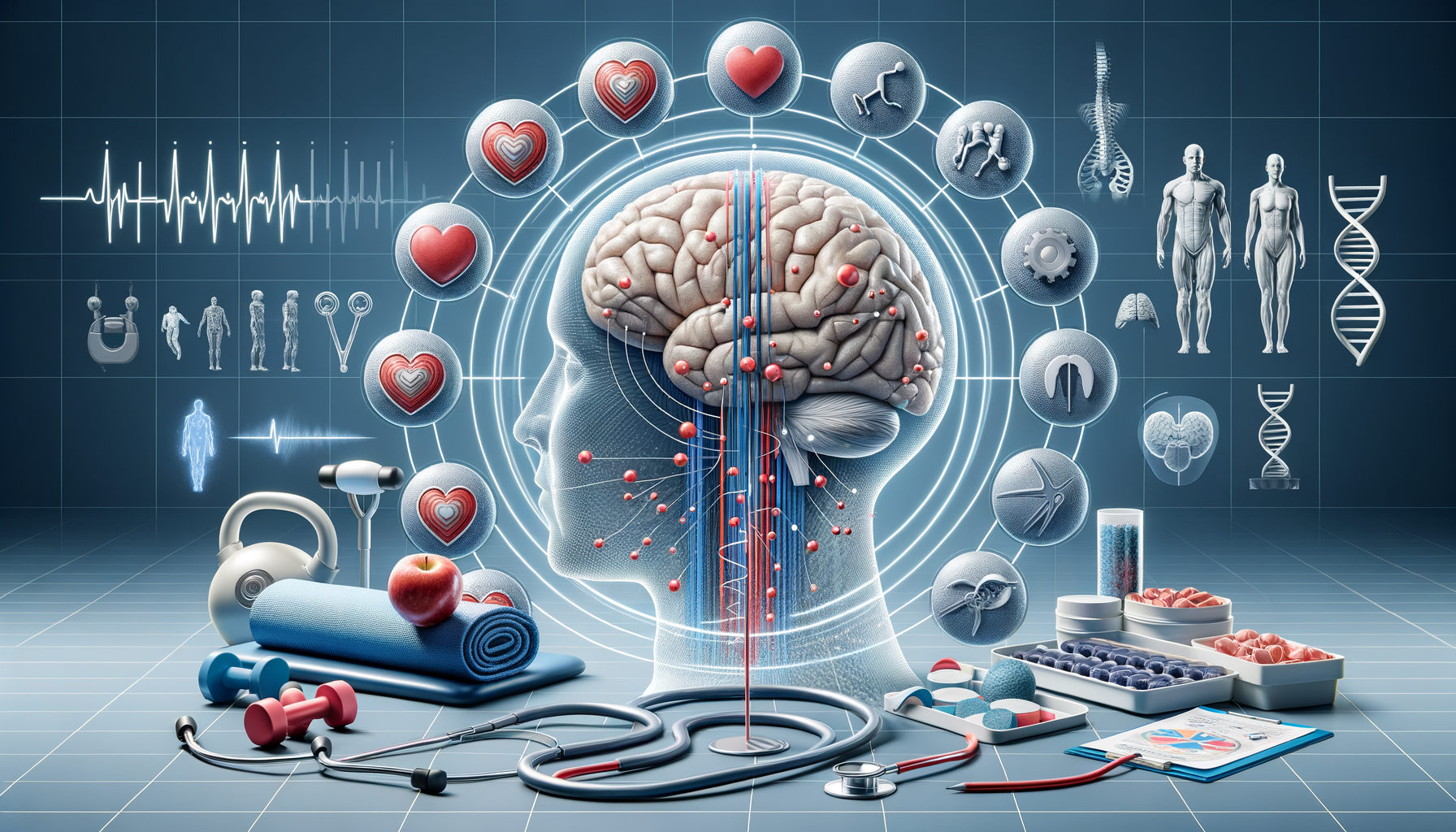The link between nutrition and mental health has gained increasing attention in recent years, with a particular focus on how vitamins can influence mood stabilization. This exploration sheds light on the vital role that specific vitamins play in maintaining mental well-being.
Vitamins are essential nutrients that the body requires in small amounts for various functions, including mental health maintenance. Recent studies suggest that certain vitamins can help stabilize mood and improve overall mental health. For instance, B vitamins, including B6, B12, and folate, are crucial in producing brain chemicals that affect mood and other brain functions. Deficiencies in these vitamins can lead to mood disorders, including depression and anxiety.
The Role of B Vitamins
According to nutritionist Dr. Emily Stone, ‘B vitamins are fundamental in supporting neurotransmitter production, which directly influences mood regulation.’ Research indicates that individuals with lower levels of B vitamins often experience mood swings and depressive symptoms. Incorporating foods rich in B vitamins, such as leafy greens, eggs, and fortified cereals, can assist in mood stabilization.
Vitamin D and Mood
Vitamin D, often referred to as the ‘sunshine vitamin,’ is another critical player. A study published in the Journal of Nutrition highlighted that low levels of Vitamin D are linked to increased risks of depression. Regular exposure to sunlight and consuming foods like fatty fish and fortified dairy products can help maintain adequate Vitamin D levels.
Omega-3 Fatty Acids
While not a vitamin, Omega-3 fatty acids deserve mention due to their significant impact on brain health. Omega-3s are known to improve mood and reduce symptoms of depression. Foods like salmon, walnuts, and flaxseeds are excellent sources of these essential fats.
Personal Experiences
Consider the story of Linda, who struggled with mood swings for years. After consulting with her healthcare provider, she incorporated a diet rich in B vitamins and Omega-3s. Over time, she noticed a marked improvement in her mood stability and overall mental well-being.
Actionable Tips for Mood Stabilization
- Include a variety of fruits and vegetables in your diet to ensure you get a broad spectrum of vitamins.
- Consider a daily multivitamin supplement if dietary intake is insufficient, but consult with a healthcare provider first.
- Stay active and get regular sunlight exposure to boost Vitamin D levels naturally.
Table: Vitamins and Their Impact on Mood
| Vitamin | Source | Impact on Mood |
|---|---|---|
| B6 | Poultry, fish, potatoes | Supports neurotransmitter production |
| B12 | Meat, eggs, dairy | Prevents mood swings |
| Folate | Leafy greens, beans | Reduces depression risks |
| Vitamin D | Sunlight, fatty fish | Boosts serotonin levels |
| Omega-3 | Salmon, flaxseeds | Improves mood |
| Magnesium | Nuts, seeds, whole grains | Calms the nervous system |
| Iron | Red meat, spinach | Prevents fatigue and irritability |
| Zinc | Oysters, chickpeas | Enhances mood regulation |
Frequently Asked Questions
Can vitamins replace medication for mood disorders?
Vitamins can complement treatment but should not replace prescribed medications without consulting a healthcare professional.
How quickly can one see the effects of vitamins on mood?
Effects can vary; some individuals notice changes within weeks, while others may take longer to experience benefits.
In summary, vitamins play a pivotal role in mood stabilization and mental health maintenance. By incorporating a diet rich in essential vitamins and seeking professional guidance when necessary, individuals can support their mental well-being effectively. For more in-depth resources, consider visiting reputable health websites or consulting with a healthcare provider.




Leave a Reply